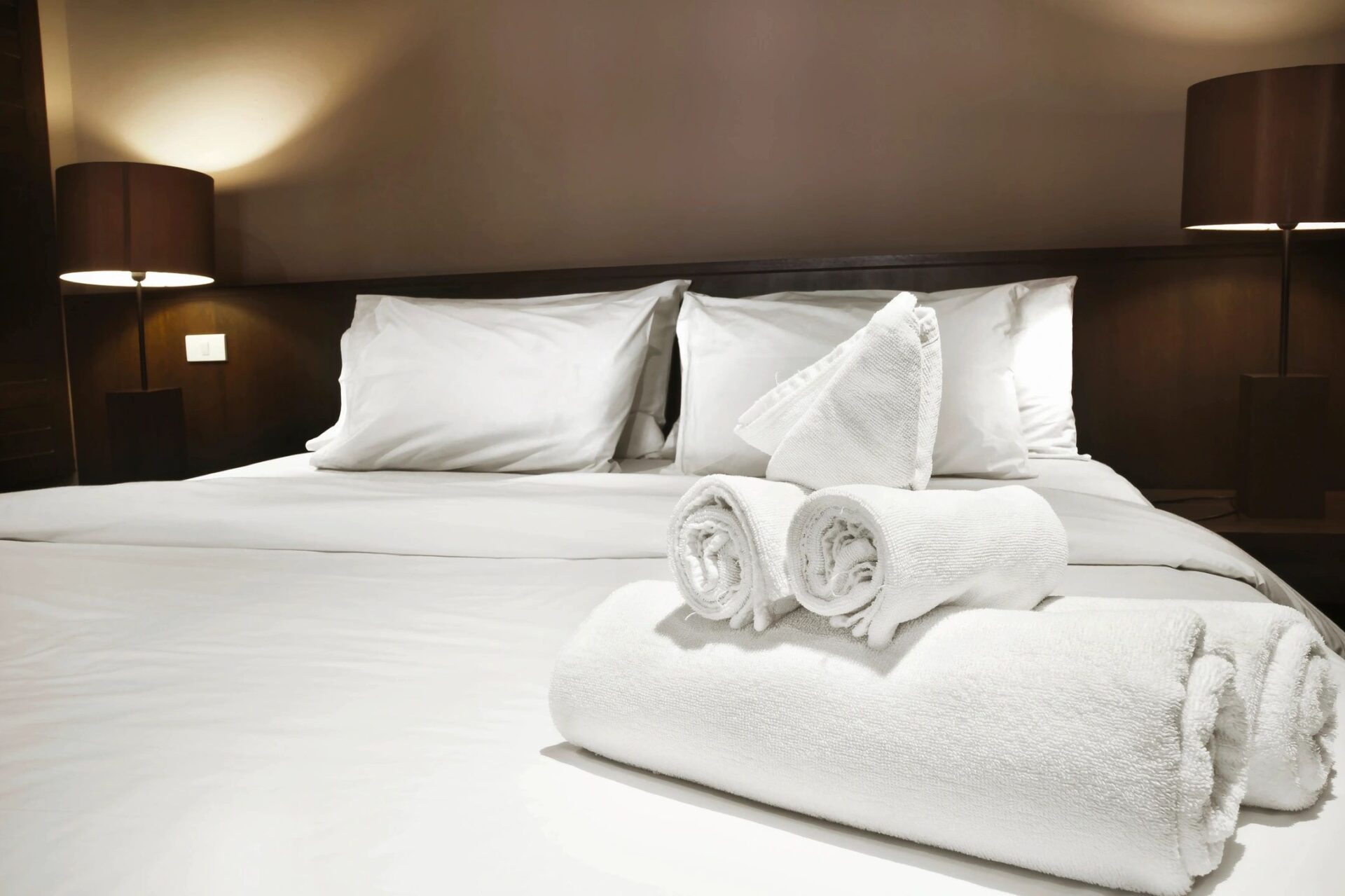If you’ve ever found yourself feeling irritable after a night of tossing and turning, you already understand the importance of not just getting enough sleep, but also ensuring that sleep is of good quality. A bad night’s sleep can do more than just leave you in a bad mood; it can impair your cognitive abilities, make it difficult to think clearly, and lead to emotional instability. Sleep deprivation over a long period can even result in serious health consequences like cardiovascular disease, as well as an increased risk of mortality. Think of it this way: every night, your brain sends you a bill, and if you don’t pay it in the form of sleep, there are penalties—sometimes with dangerous consequences, like nodding off while driving. Sleep is not something you can cheat without paying a price.
One of the most immediate ways to improve your sleep and overall well-being is to rethink your smartphone habits. It’s no secret that our excessive use of technology is affecting more than just our posture—it’s wreaking havoc on our sleep as well. One of the most critical steps to improving sleep is cutting off screen time at least 30 minutes before bed. The bright lights from phones, computers, and televisions send signals to the brain that mimic daylight, tricking your body into thinking it should stay awake. This delays the production of melatonin, the hormone that helps you drift off to sleep, making it harder to wind down.
Even if the content on your screen isn’t overly stimulating, the mere presence of those glowing devices can hinder your transition to restful sleep. Watching a TV show or scrolling through social media may seem like a harmless pre-bedtime activity, but it keeps the brain buzzing, sometimes even triggering adrenaline rushes when what you need is calm. The bright light, particularly the blue light emitted by these devices, interrupts the body’s natural sleep cycle, delaying the much-needed shift into rest mode.
Blue light, in particular, has a more detrimental effect than other types of light because of its shorter wavelengths. This type of light has been shown to boost alertness, which is great when you’re trying to power through your workday, but not so helpful when you’re trying to relax before bed. The body’s natural sleep-wake cycle, or circadian rhythm, can be seriously thrown off by prolonged exposure to blue light, making it harder to fall asleep and get the deep, restorative sleep your body needs.
In essence, if you want to improve your sleep and wake up feeling refreshed, putting down the phone and turning off the TV before bed is one of the best habits you can adopt. Letting go of those screens gives your brain the chance to shift gears, release melatonin, and prepare for a restful night. Your body will thank you for it, and you’ll likely find yourself more refreshed and ready to take on the day without that sleep-deprived fog hanging over you.


